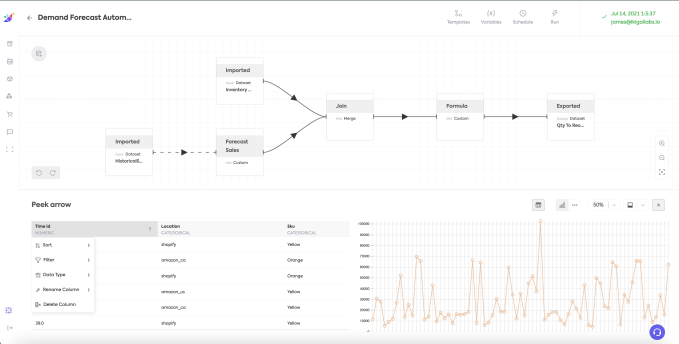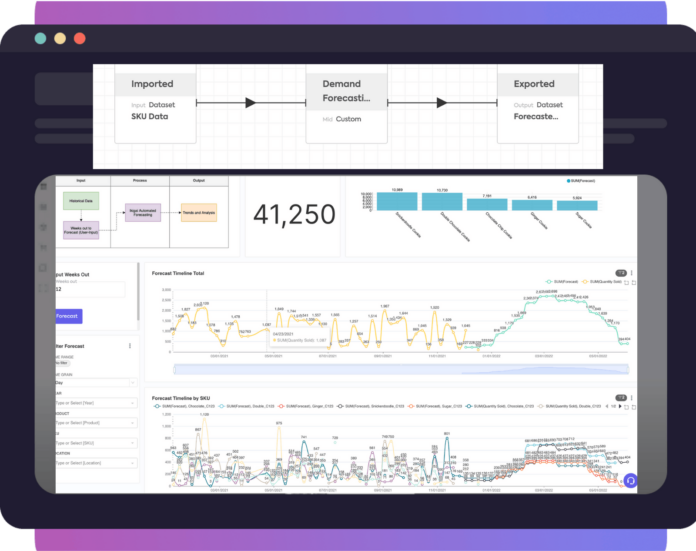Ikigai, a startup based on MIT research, aims to simplify the creation of workflows in which the human factor is relevant and irreplaceable. While the traditional robotic process automation (RPA) try to create robots for repetitive tasks Ikigai wants to make it easier to create workflows in which humans must make decisions as part of the process.
The company obtained in a Serie A of 13 million from Foundation Capital, 8VC, Underscore VC and a variety of industry business angels.
The company's co-founder and CEO, Vinayak Ramesh, says that he sensed in his research at MIT, and also in his previous initiative, well frame, a digital healthcare startup (already taken over by another company in the sector) that had more complex workflows that RPA was not catching up to.
“What we saw is that there are use cases that require manual processes in organizations that were extremely difficult to automate because a fundamental step involved a decision made by a person based on data, and where both the information and the rules on which they operate they would change very often,” Ramesh explained.
Ikigai, which means 'its purpose' in Japanese, wants to solve that problem with a tool that allows users to visually create workflows by dragging and dropping items onto a map, involving disparate data sources, while building steps in the map. that humans make decisions and then see the results in a report or spreadsheet.

Ikigai Platform
Unlike other approaches like Power BI and Airtable, "these tools require humans in the workflow, but they don't introduce workflows that aren't data-driven or decision-driven," he said. On the other hand, the ability to create decision loops is a key differentiator for your product.
The company currently has 20 employees, mostly engineers, with plans to double that number next year. The founders definitely seem to recognize the need to build a diverse and inclusive team as they scale the company.
“Diversity helps make everything a much nicer place to work because you have different perspectives, different types of people coming into work every day,” Ramesh said.
The idea for the company grew out of research Ramesh was doing as a student at MIT. In fact, CTO and co-founder Devavrat Shah is a professor of Computer Science at MIT and was a Ramesh professor. Shah also founded another company called Celect, which was acquired by Nike in 2019.
While Ramesh went on after graduation to help found Wellframe, the idea of a product like this only became more feasible over time, beginning to dig deeper and further research to start product development last year.





